Education & Training
FRIB faculty—world-leading experts jointly appointed with Michigan State University—drive cutting-edge, multidisciplinary research in nuclear science and related fields.
Current FRIB faculty
FRIB faculty are world-leading experts in nuclear science and related fields. Their research makes use of FRIB’s capabilities and supports a range of scientific and technical applications. Faculty hold joint appointments with Michigan State University, connecting FRIB’s research programs with academic departments. They collaborate with researchers from institutions around the world and contribute to a multidisciplinary research environment.
FRIB offers training and research opportunities to graduate students who routinely meet and work side-by-side with leading researchers in nuclear physics, nuclear astrophysics, nuclear chemistry, accelerator physics, and engineering. Graduate students at FRIB have the opportunity to watch, participate in, and lead discoveries of things no one knew before. In the process, they develop skills and connections to excel in a wide variety of careers. Students can a graduate degree through MSU’s Physics and Astronomy department, Chemistry department, or College of Engineering by working with the faculty and staff at FRIB.
The profiles below provide information about FRIB faculty and their areas of focus.

Joined the laboratory in 2007

Joined the laboratory in 1982
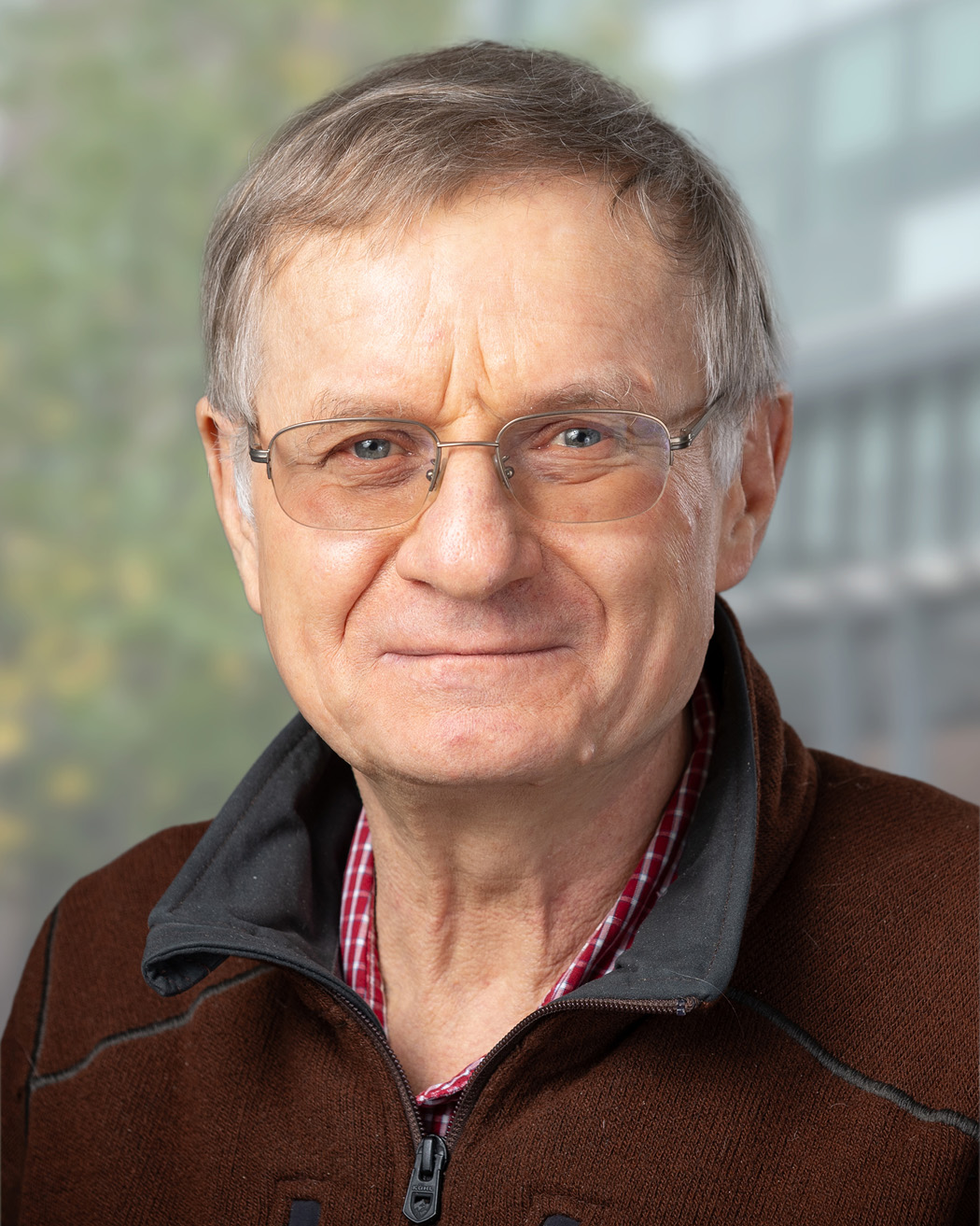
Joined the laboratory in 1988
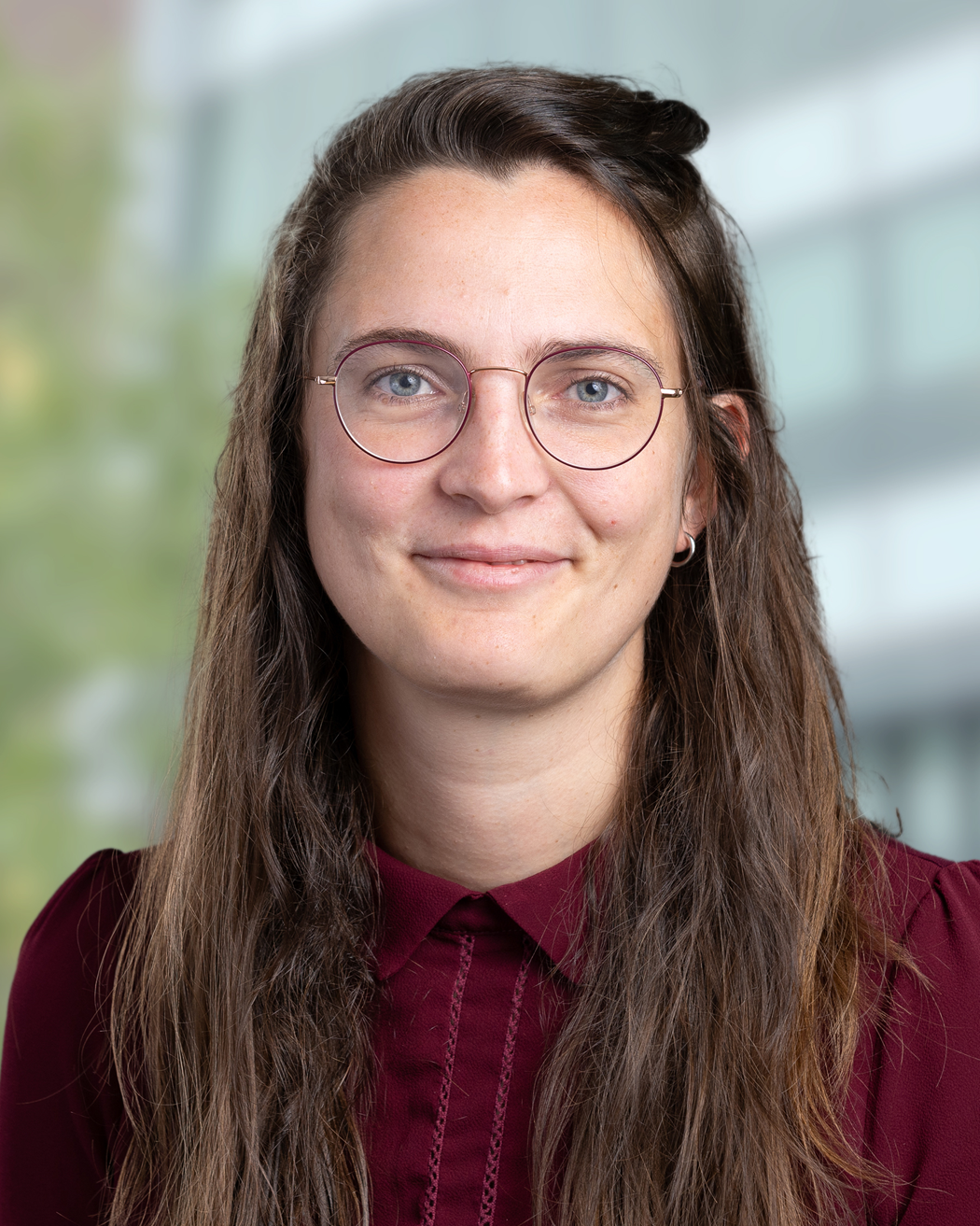
Joined the laboratory in 2020

Joined the laboratory in 2014
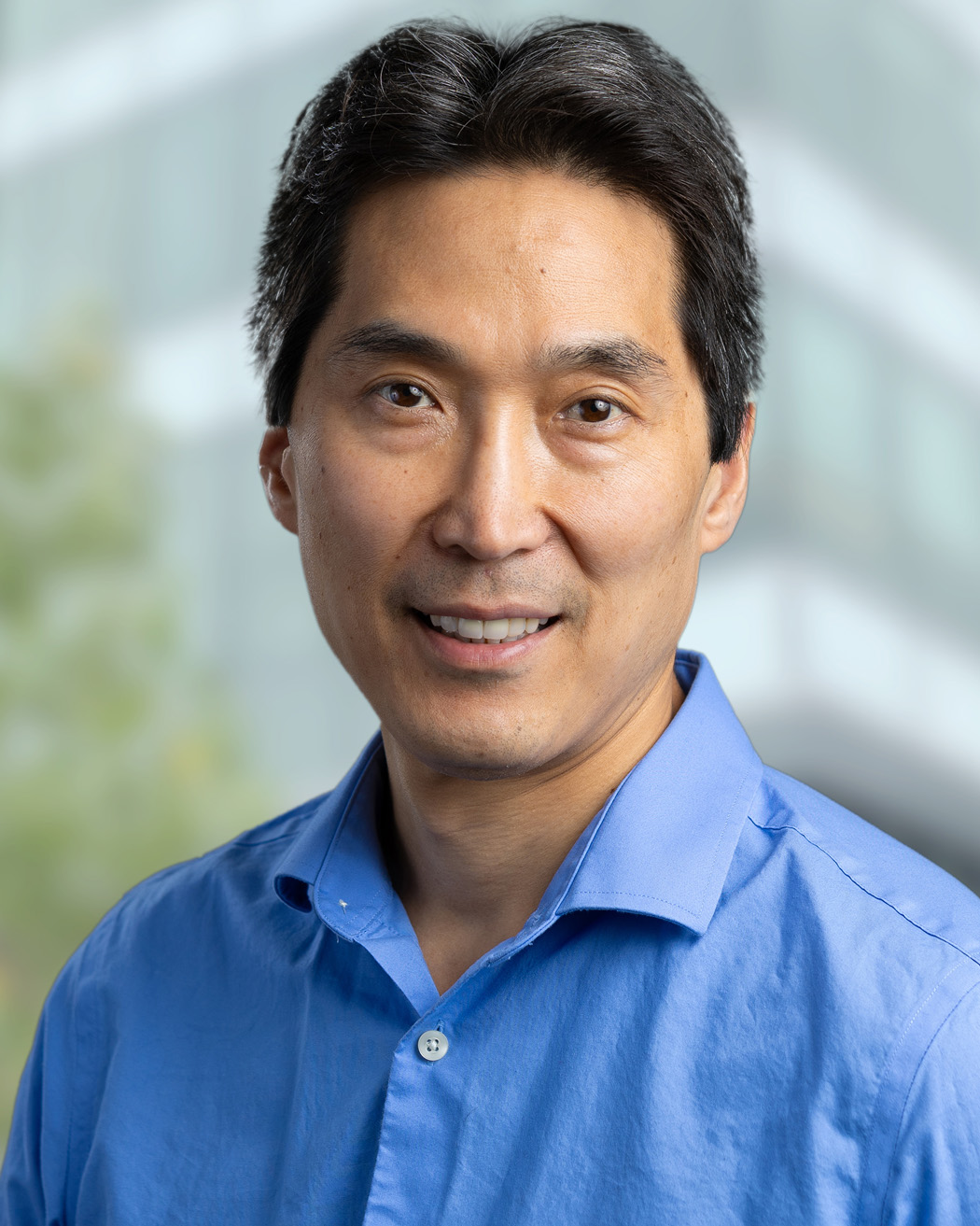
Joined the laboratory in 2017
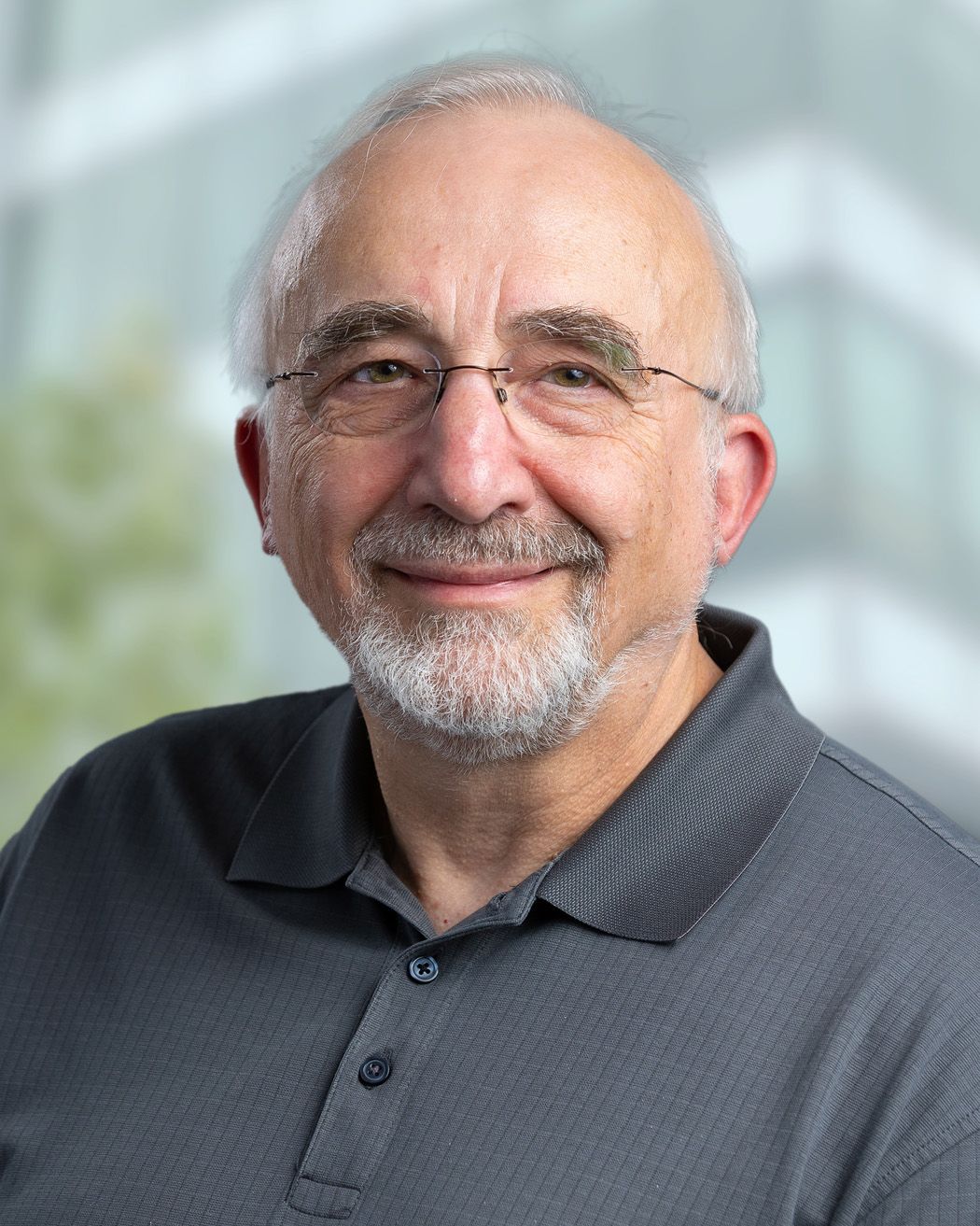
Joined the laboratory in 2014
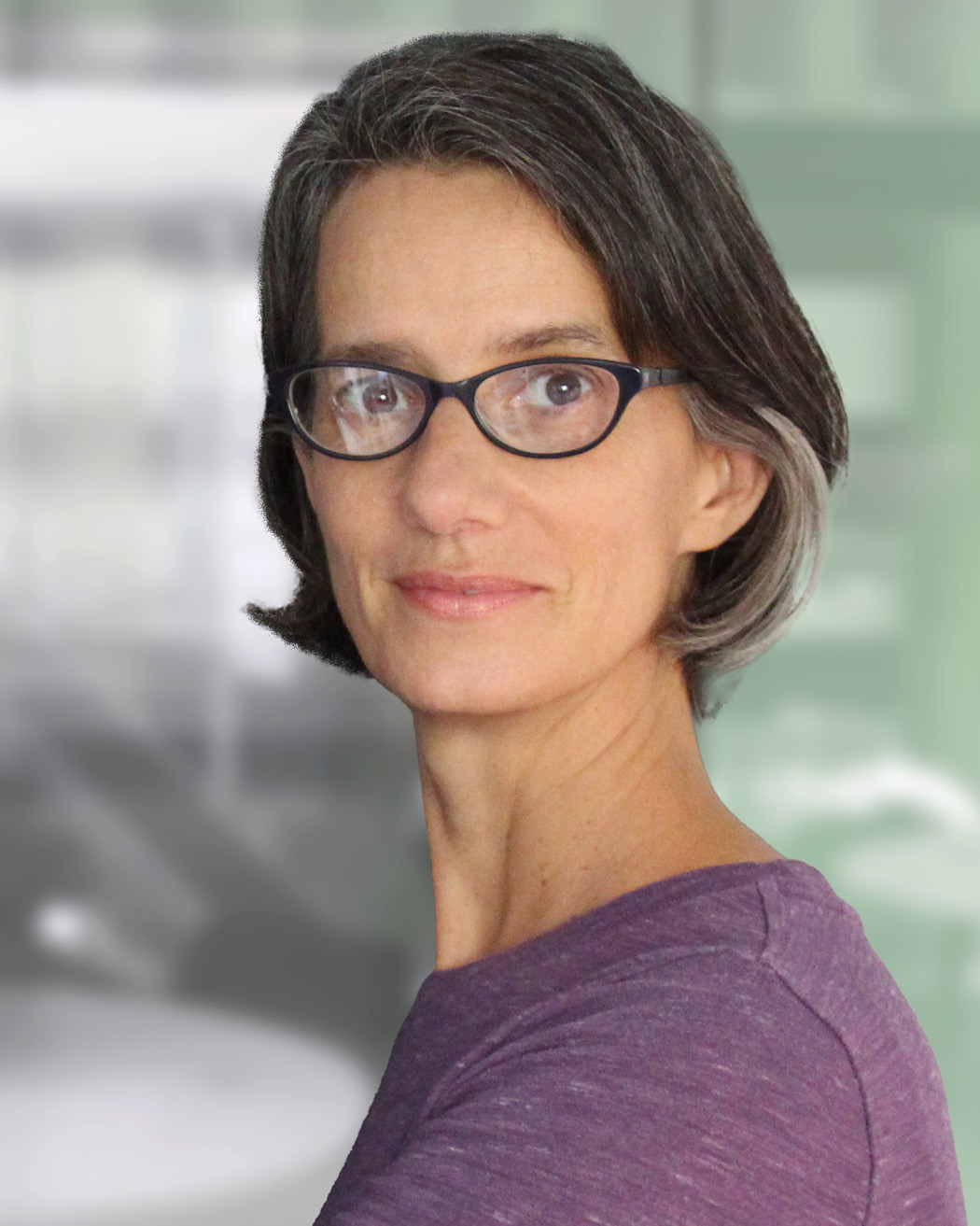
Joined the laboratory in 2003

Joined the laboratory in 2024

Joined the laboratory in 1992

